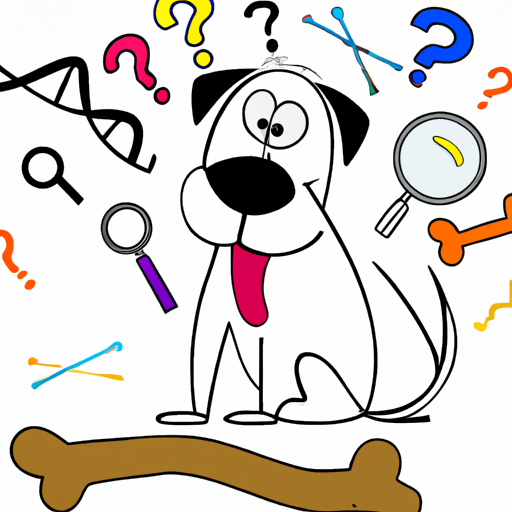Understanding Canine Behavior
We often see our furry friends munching on sticks, seemingly enjoying each bite with immense satisfaction. But why do dogs eat sticks? It’s a question that has puzzled many dog owners and caregivers alike. This behavior can be attributed to several reasons, which we’ll delve into in this article.
Exploring the Roots of the Habit
First, let’s understand why this behavior is so prevalent among canines.
- Teething: Puppies often resort to chewing sticks when they are teething, which helps them alleviate the discomfort of incoming teeth. It’s akin to how human babies use teething rings.
- Nutrition: Sometimes, dogs might chew on sticks due to a lack of certain nutrients in their diet. While this is not the most common reason, it is a possibility that should not be ignored.
- Boredom: Dogs are social animals, and they need constant stimulation. If they are not getting enough physical activity or mental stimulation, they might turn to chewing on sticks out of sheer boredom.
Health Risks Associated with Stick Chewing
While chewing on sticks might seem like a harmless pastime for your pup, it can pose serious health risks. Here’s why:
- Internal Injuries: Sharp pieces of sticks can cause injuries in the mouth, throat, or digestive system.
- Blockages: Large pieces of sticks can get stuck in the intestines, leading to severe issues that might require surgery.
- Infections: Sticks are often dirty and can introduce bacteria into your dog’s body, potentially causing infections.
| Risks | Consequences |
|---|---|
| Internal Injuries | Pain, Bleeding |
| Blockages | Surgery |
| Infections | Illness |
Prevention and Alternatives
Now that you’re aware of the potential dangers, let’s talk about how you can discourage this behavior and provide safer alternatives for your dog.
- Physical and Mental Stimulation: Ensure your dog gets enough exercise and playtime. This can be an effective way to curb boredom-induced chewing.
- Chew Toys: Invest in good-quality chew toys designed for dogs. These will not only keep your dog entertained but also promote dental health.
- Dietary Assessment: If you suspect that your dog’s stick chewing habit is due to a nutritional deficiency, consult a vet. They can recommend dietary changes or supplements as needed.
Frequently Asked Questions (FAQs)
1. Why is my dog always chewing on sticks?
It could be due to teething, boredom, or nutritional deficiencies.
2. Are sticks harmful for dogs?
Yes, they can cause injuries, blockages, and infections.
3. How can I stop my dog from chewing on sticks?
Provide enough physical and mental stimulation, offer safe chew toys, and consult a vet for dietary advice.
4. What can I give my dog to chew instead of sticks?
You can provide dog-friendly chew toys or treats that promote dental health.
Understanding why dogs eat sticks and providing them with safer alternatives is key to ensuring their well-being. As caregivers, it’s our responsibility to ensure that our furry friends lead a happy, healthy life.



